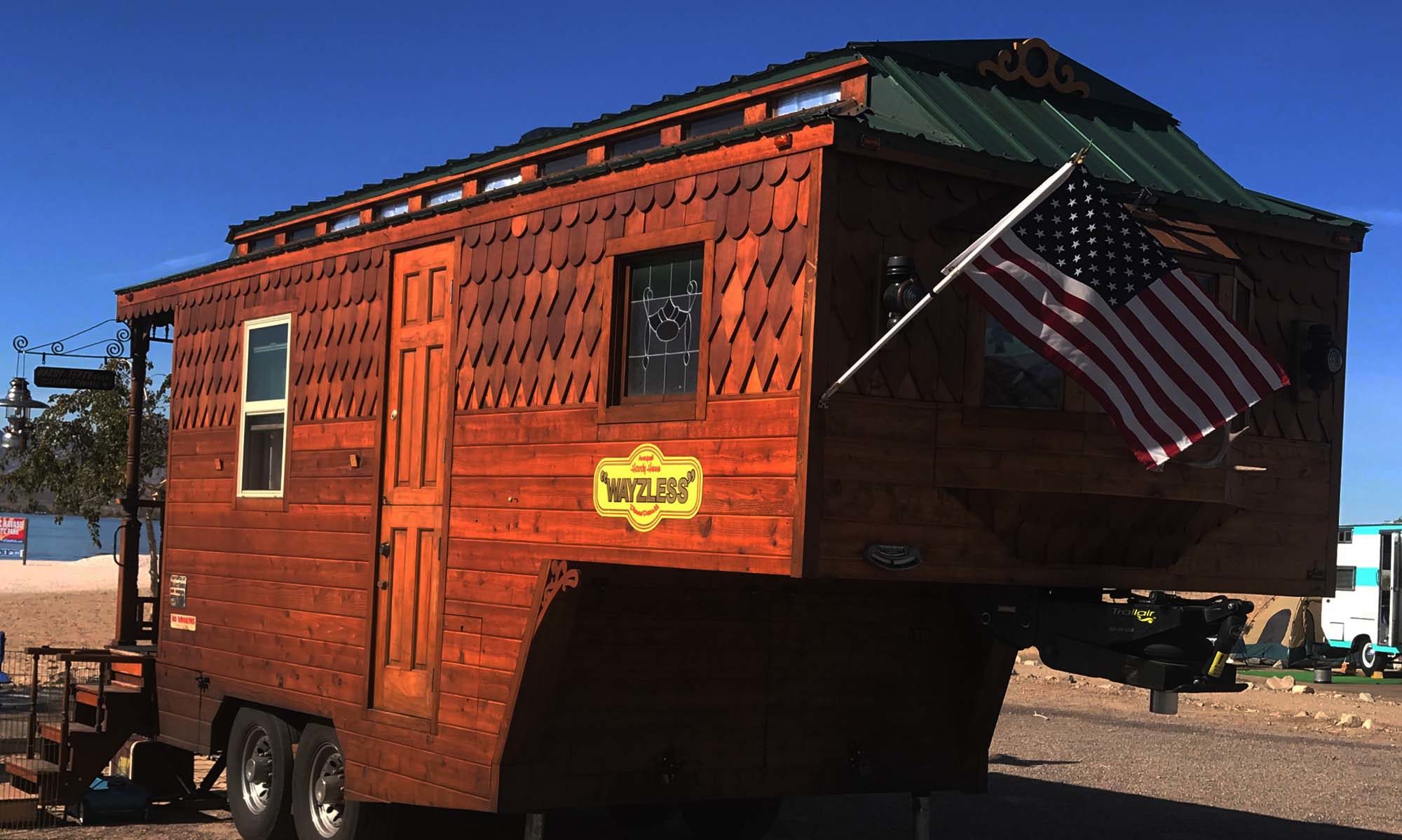110VAC to 12VDC Power CONVERTER-CHARGER WHY START here first?
ELECTRICAL 12VDC Normal Vehicle Battery Type Circuits
ELECTRICAL 110VAC Normal household Type Circuits
Some of your most important decisions and planning are directly related to your electrical systems.
While many DIYers might may have the ability to build a functioning system for both 110VAC & 12VDC. Most lack the knowledge to put together the systems that follow proper electrical codes, safety rules, and the end build that meets standards that RV Parks may require to hook up to park power.
Our Recommendation (if you do not have the knowledge and skill sets) is to always “farm-out” this portion of your build to a qualified trades person. Have a licensed and qualified electrician do this for you. Preferably one that is qualified on integrating RV type circuits that mesh the 110VAC & 12VDC side of things together.
This all gets into a complicated realm of knowing what types of wire, what gauge of wire, proper breakers/fusing, and the various loads they can handle. Equally important is Ground Fault circuit protection, and proper electrical and frame ground to prevent electrocution hazards.
There is also a concern of serious damage to your tow vehicle electrical system if you are not familiar with integrating multiple batteries, multiple chargers, and quite possibly solar at some point.
After all, many will be installing components and appliances that function similar to normal house appliances off 110VAC, but also the ability to function off 12VDC power, or perhaps propane (LP Gas) as well.
Much info a person might glean off sources such as Facebook threads, forums, etc., will be riddled with bad information. Many DIYers are trying to do things on the cheap. Sure it might function. No argument there. But there is much more to it than that.
Often DIYers are not using appropriate components. Though their system may function they often present a fire hazard as well as an electrocution hazard. Both of which may not only cause harm to the DIYer, their trailer, and tow vehicle. But also a real hazard to unsuspecting people, and property, camped around the immediate vicinity.
But like most DIYers you wouldn’t be here researching if you didn’t think you would attempt this yourself.
We want to clearly state as a disclaimer. We are not licensed electricians nor claim anything stated is to code, or valid safety wise. You assume any and all risks if you attempt any of your own electrical work.
Most of our information is based on having a career dealing with an electrical background, engineering, technician, and working on, or observing the make-up of many RV type circuits.
That said we try to provide a source of information that is as accurate as possible. We solicit ever changing outside source information. We then adjust our information as things change.
![]()
